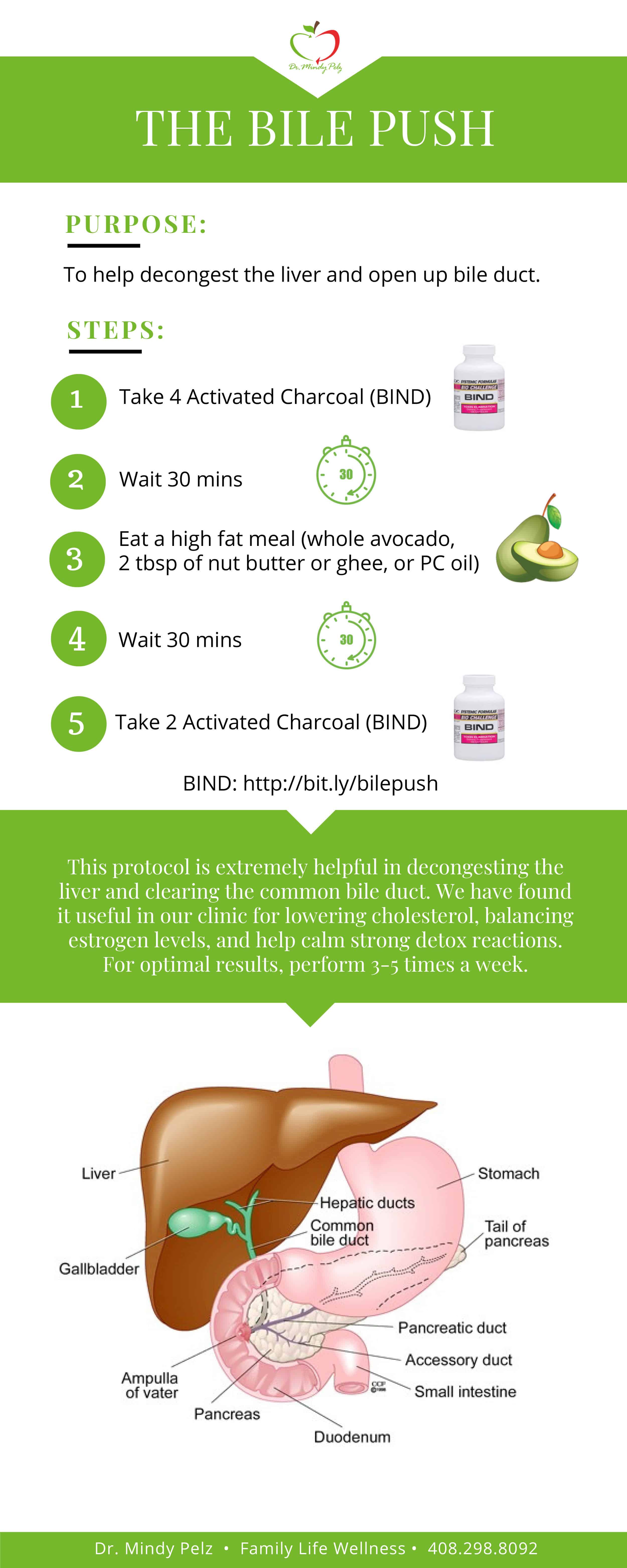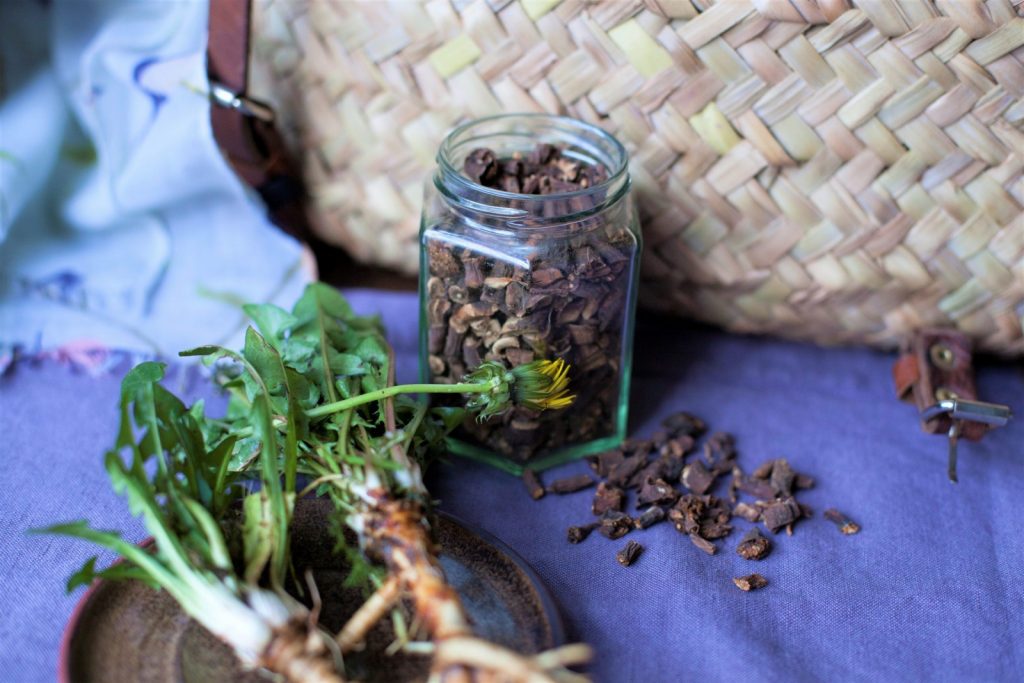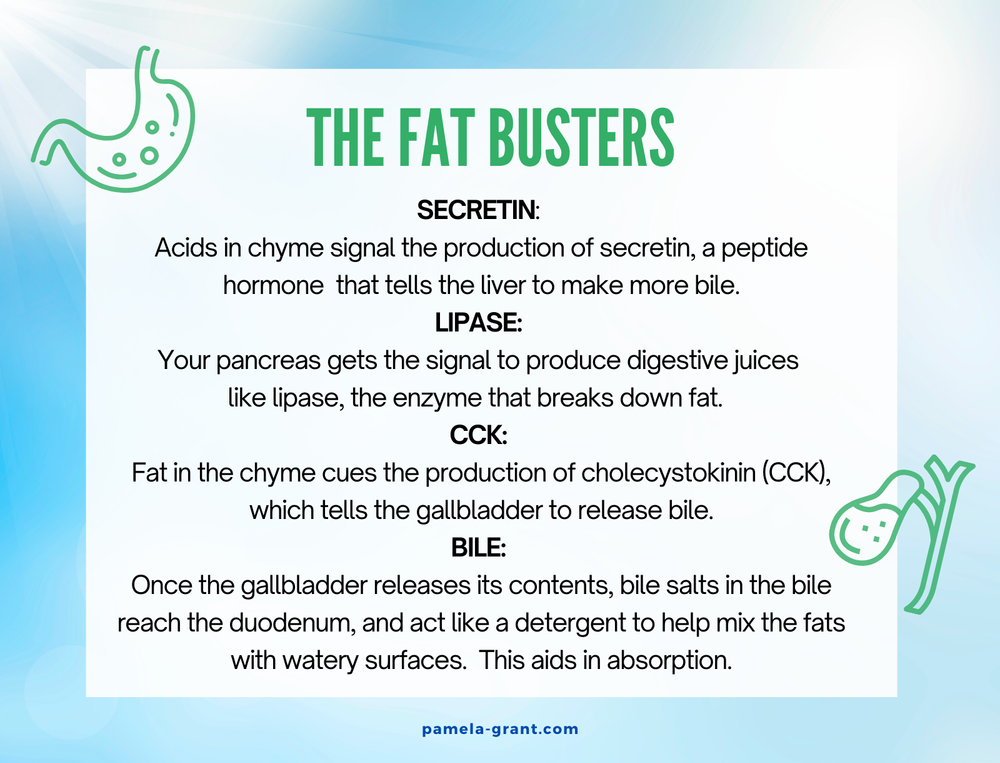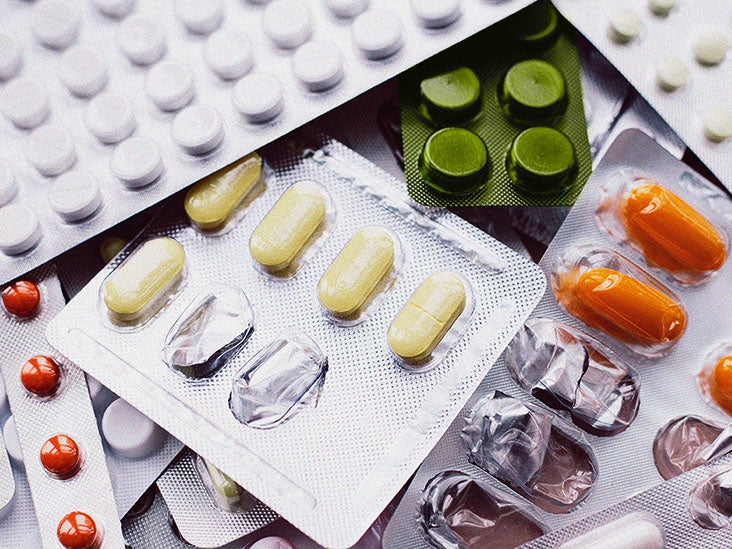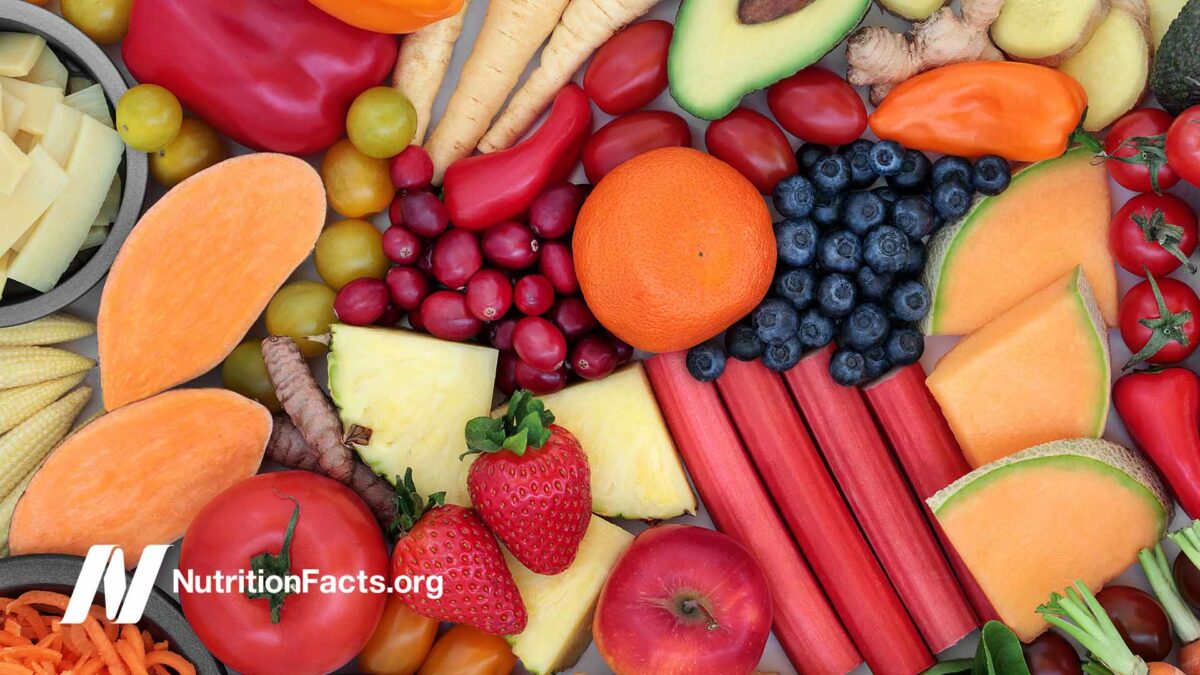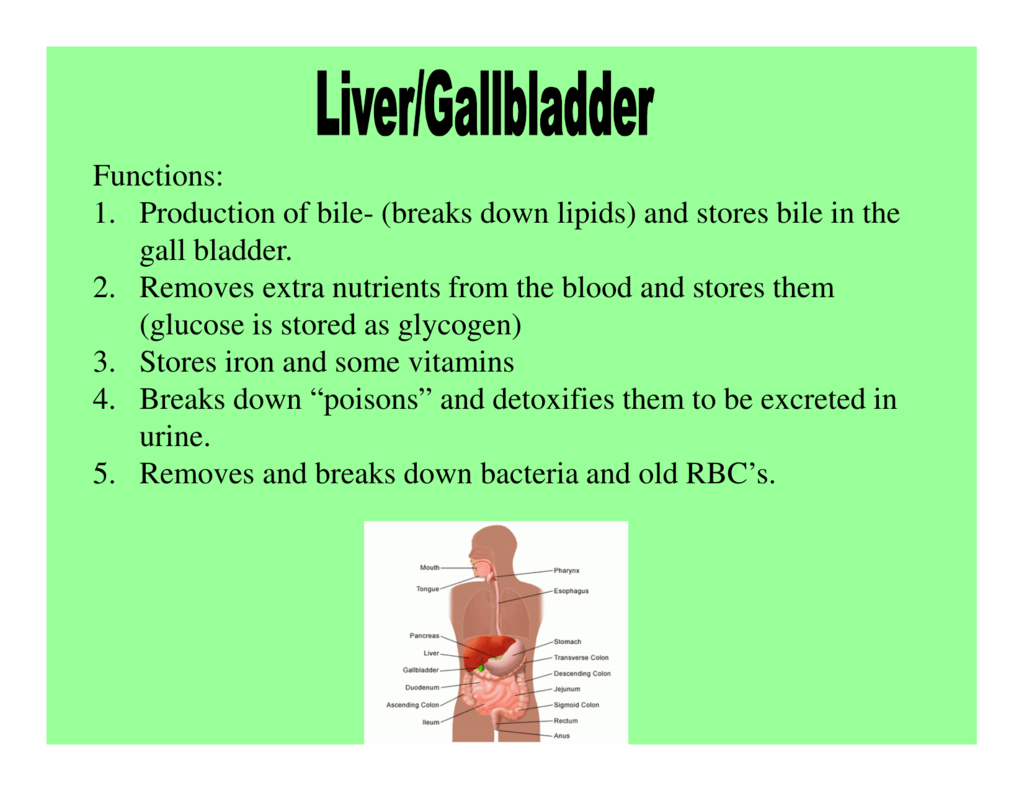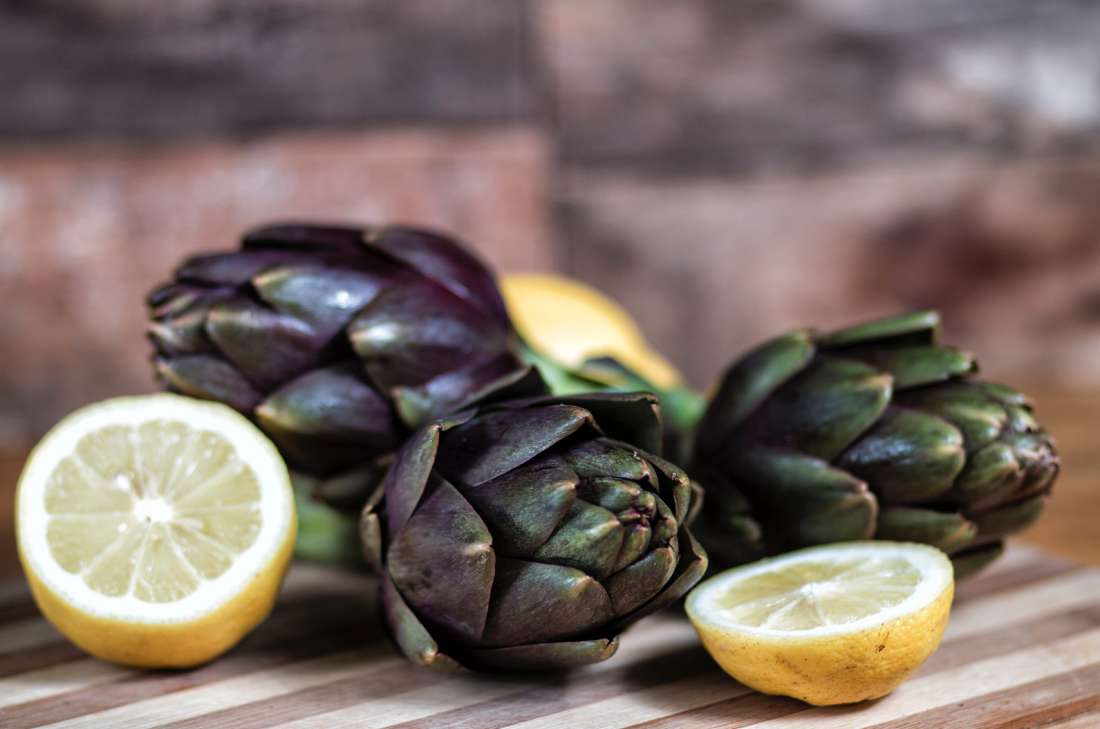Have A Tips About How To Reduce Bile Production
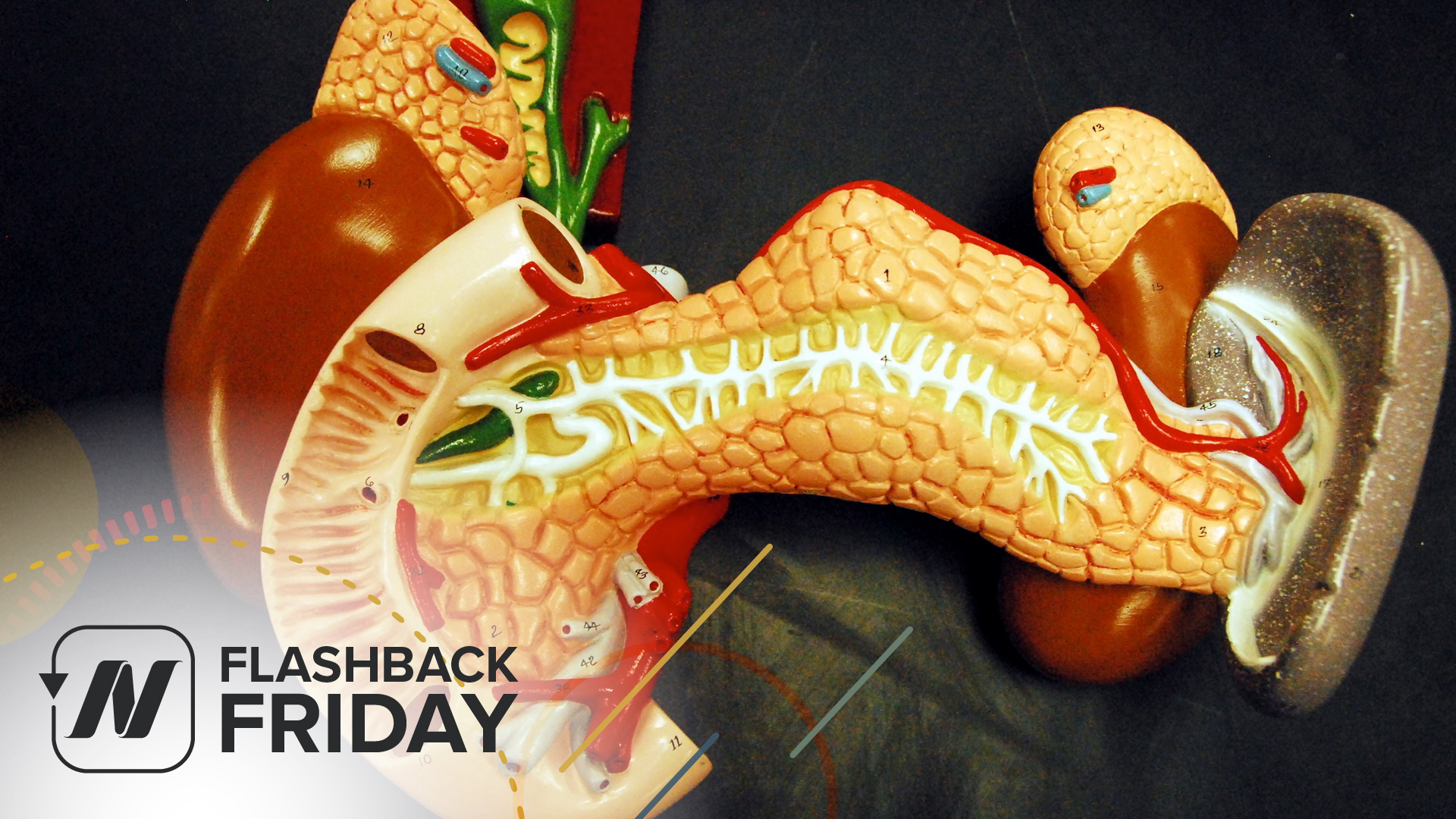
Roles of bile in optimizing health foods that increase bile production healthy fats to increase bile production herbs to increase bile production.
How to reduce bile production. Aid digestion by breaking down fats. Some of the best fatty foods to eat include. English spanish the consumption of animal fat appears to increase the growth of gut bacteria that turn our bile acids into.
It causes chronic, watery diarrhea. The approach to treatment currently depends on binding excess ba, to reduce their secretory actions, using colestyramine, colestipol and, most recently, colesevelam. Normally, everything involved in the digestive process should only flow one way — down.
To avoid excess bile secretion, keep the body hydrated. Page couldn't load • instagram. The liver produces a greenish fluid called bile that is stored in the gall bladder.
One effective tip to reduce bile. Normal bile production is important for lubricating the colon, lowering cholesterol, getting rid of toxins, defending against bad bacteria, and preventing fat. There's an issue and the page could not be loaded.
This results in less production of bile. Treatment outlook you may experience bile acid malabsorption on its own or due to an underlying condition. The role of bile and bile salts in the body is to:
Dietary intervention is an effective treatment option for patients with symptomatic bile acid malabsorption and should be routinely considered. After food intake, gallbladder contracts and. As food progresses along the digestive tract, valves at the end of each organ open just.
Cholesterol, bile acids and phospholipids form mixed micelles to solublize cholesterol and reduce bile acid cytotoxicity. Likewise, drugs that reduce the secretion of gastric acid (eg, proton pump inhibitors) or that reduce gastric contents or volume can be used to treat acidic bile reflux. Table of contents what is bile?
Doctors typically treat it with medication and by. 5 ways to promote bile production to optimize nutrition bile is a vital body fluid that plays an important role in the absorption of nutrients in the small intestine as well as flushing. Water helps in the digestion of food.
Eat food rich in soluble fiber, which helps to. Normally most of the bile is then reabsorbed from the small intestine and recycled, with only a small amount reaching the large intestine (colon), where it is. Smoking increases the production of stomach acid and dries up saliva, which helps protect the esophagus.
